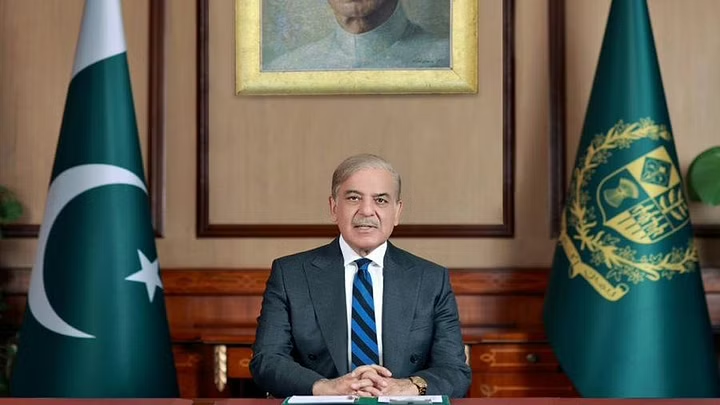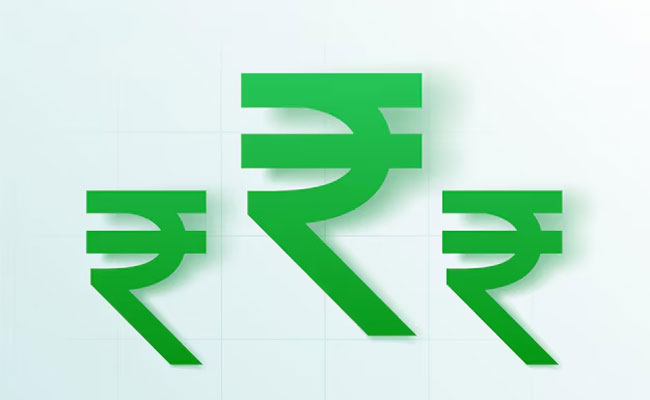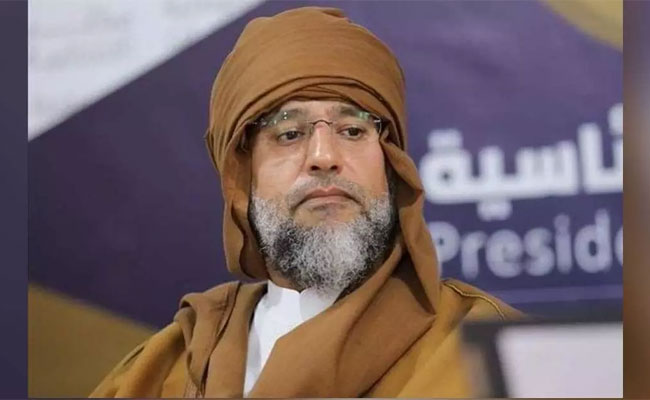Islamabad, Aug 21: Prime Minister Shehbaz Sharif has said that Pakistan wants to have "permanent peace" with India through dialogue as war is not an option for either of the countries to resolve the Kashmir issue, according to a media report on Saturday.
Speaking to a delegation of students from Harvard University, Sharif also said that sustainable peace in the region was linked to the resolution of the Kashmir issue as per the UN resolutions, The News International newspaper reported.
Pakistan resolves to maintain peace in the region, and that sustainable peace in the region was linked to the resolution of the Kashmir issue as per the UN resolutions, he said during the interaction on Friday evening.
We want permanent peace with India through dialogue as war is not an option for either of the countries, he was quoted as saying in the report.
Relations between India and Pakistan have often been strained over the Kashmir issue and cross-border terrorism emanating from Pakistan.
However, the ties between the two countries nosedived after India abrogated Article 370 of the Constitution, revoking the special status to Jammu and Kashmir and bifurcating the state into two Union Territories on August 5, 2019.
India's decision evoked strong reactions from Pakistan, which downgraded diplomatic ties and expelled the Indian envoy.
India has repeatedly told Pakistan that Jammu and Kashmir was, is and shall forever remain an integral part of the country.
India has said it desires normal neighbourly relations with Pakistan in an environment free of terror, hostility and violence.
During the interaction, Sharif pointed out that Islamabad and New Delhi should have competition in trade, economy and improving the conditions of their people.
He said Pakistan was not an aggressor, but its nuclear assets and the trained army are deterrence, he said, adding that Islamabad spends on its military to protect their frontiers and not for aggression.
In response to a question about Pakistan's economy and the International Monetary Fund (IMF) programme, the premier said that the country's economic crisis stem from structural problems along with political instability in the recent decades.
He said the first few decades since the inception of Pakistan witnessed impressive growth across all sectors of the economy when there were plans, national will and the implementation mechanism to produce outcomes.
Overtime, we lost the edge in sectors in which we were ahead. The lack of focus, energy and policy action led to reduction in national productivity, Sharif added.
Cash-starved Pakistan is facing growing economic challenges, with high inflation, sliding forex reserves, a widening current account deficit and a depreciating currency.
With the rising current account deficit at USD 13.2 billion in the first nine months and pressing external loan repayment requirements, Pakistan required financial assistance of USD 9-12 billion till June 2022 to avert further depletion of foreign currency reserves.
As Pakistan turned 75 on August 14, Sharif wrote an essay in The Economist magazine in which he stated that the country in its adolescence, in the 1960s, brimmed with hope and promise as it had a date with destiny.
He said the nation was widely thought ready to "become the next Asian tiger ". However, in 2022, Pakistan found itself mired in its latest economic crisis.
Meanwhile, the International Monetary Fund's executive board will meet on August 29 and is expected to approve a bailout package for Pakistan, including the pending disbursement of about USD 1.18 billion.
Let the Truth be known. If you read VB and like VB, please be a VB Supporter and Help us deliver the Truth to one and all.
Ghaziabad (UP) (PTI): Three minor sisters died after allegedly jumping off the balcony of a ninth-floor flat in Ghaziabad early on Wednesday, police said.
Assistant Commissioner of Police (Shalimar Garden) Atul Kumar Singh said the police received information around 2.15 am about three girls jumping off the balcony of the ninth-floor apartment in a tower of Bharat City, located under the Teela Mor police station area.
On reaching the spot, the police found that the girls - Nishika (16), Prachi (14) and Pakhi (12) - daughters of Chetan Kumar, had fallen to the ground floor and suffered fatal injuries, the ACP said.
They were rushed by ambulance to a hospital in Loni, where doctors declared them dead on arrival, he added.
The police have initiated legal formalities and are investigating the circumstances leading to the incident, officials said.
(Assistance for overcoming suicidal thoughts is available on the state’s health helpline 104, Tele-MANAS 14416.)





